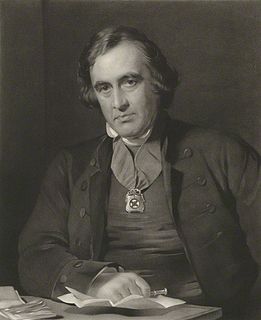A Quote by Edgar Allan Poe
Marking a book is literally an experience of your differences or agreements with the author. It is the highest respect you can pay him.
Quote Topics
Related Quotes
Reading a book should be a conversation between you and the author. Presumably he knows more about the subject than you do; if not, you probably should not be bothering with his book. But understanding is a two-way operation; the learner has to question himself and question the teacher, once he understands what the teacher is saying. Marking a book is literally an expression of your differences or your agreements with the author. It is the highest respect you can pay him.
Whether the author intended a symbolic resonance to exist in her book is irrelevant. All that matters is whether it's there. Because the book does not exist for the benefit of the author, the book exists for the benefit of YOU. If we as readers can have a bigger and richer experience with the world as a result of reading a symbol and that symbol wasn't intended by the author, WE STILL WIN.
No one really knows the value of book tours. Whether or not they're good ideas, or if they improve book sales. I happen to think the author is the last person you'd want to talk to about a book. They hate it by that point; they've already moved on to a new lover. Besides, the author never knows what the book is about anyway.
Frequently, an author gets "orphaned" at a publisher. What this means is that an editor buys their book, then ends up getting fired, promoted, or transferred to a different job somewhere else. It sucks for the author because suddenly the person who liked your book enough to buy it isn't around to help you edit and promote it.
There are three infallible ways of pleasing an author, and the three form a rising scale of compliment: 1, to tell him you have read one of his books; 2, to tell him you have read all of his books; 3, to ask him to let you read the manuscript of his forthcoming book. No. 1 admits you to his respect; No. 2 admits you to his admiration; No. 3 carries you clear into his heart.
"The best is oftentimes the enemy of the good;" and without claiming for an instant that title of good for my book, I do not doubt that many a good book has remained unwritten, or, perhaps, being written, has remained unpublished, because there floated before the mind's eye of the author, or possible author, the ideal of a better or a best, which has put him out of all conceit with his good.






































